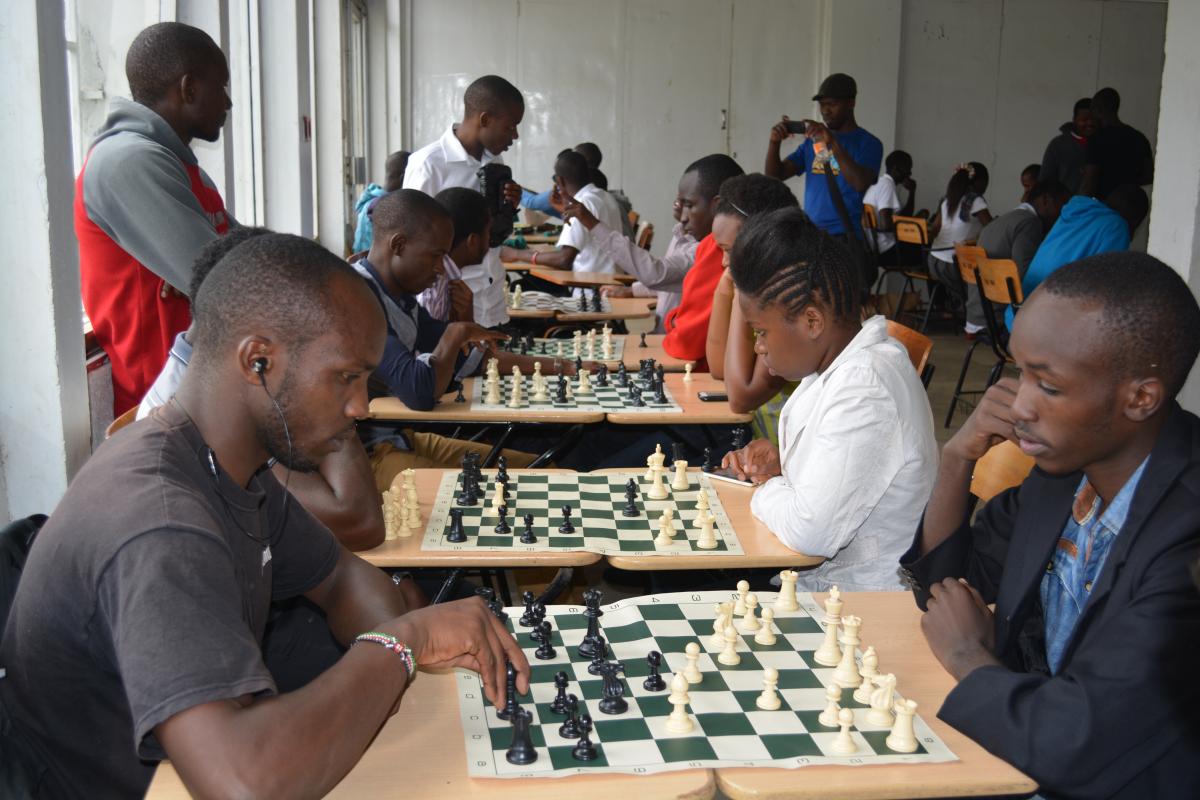Since chess exists, its practice has been associated with very intelligent people. In technology, chess also plays an important role. In the field of artificial intelligence, it is used to test if a machine is able to beat a chess master. If you pass the test, it is a sign that it is well built.
Although chess is related to people with higher than common intelligences, anyone can play it, and in fact it is an excellent exercise for our brains.
1. It can increase your IQ. Are people who are already intelligent being attracted to chess, or do they become smarter once they start playing? According to a study of more than 4,000 elementary students, they had an increase in IQ after systematically studying chess for four and a half months.
2. Prevents Alzheimer’s. The brain functions as a muscle and therefore must be exercised. According to a study published in the New England Journal of Medicine, a good exercise is playing chess, something that has great benefit in those who are prone to develop dementia and Alzheimer’s. Chess will not cure it but it can delay the degenerative process.
3. Exercise the two hemispheres of the brain. We usually use only one hemisphere of the brain for certain activities. However, according to a German study, chess experts are often so quick in their reactions because they use both hemispheres at the same time. This was proven by monitoring participants’ brain activity while showing them different geometric shapes and positions used to play chess.
4. Increases creativity. The right hemisphere is responsible for creativity. So if we develop this part of the brain more, we will be more creative. Chess helps this process, which was verified in a study involving students aged 12 to 15 who separated into groups to do different activities: one group played chess and another used computers. These activities should be done once a week for 32 weeks. In the end, those who dedicated themselves to chess showed more creative traits and originality of ideas.
5. Improve memory. Any chess player can say that his memory has improved considerably since he started playing. This is a necessary skill to beat your opponent, taking into account what moves you made before and what moves have helped you to win in other games of the past. However, this is just an anecdote. But there is a 1985 study where young students were taken to play chess regularly for two years. Their teachers reported that the children had better memory and organizational skills.














